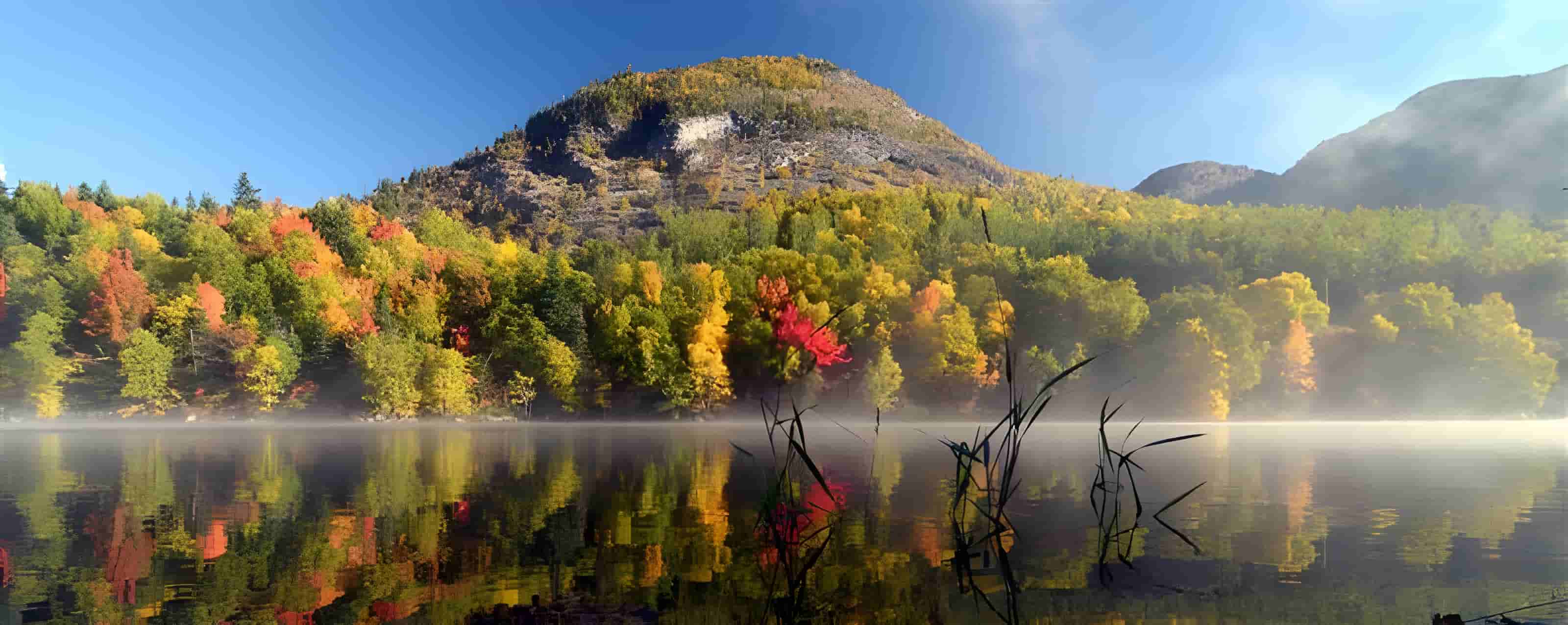My doctoral dissertation focused on the articulation of the transcendental imagination to language and affectivity in the works of Fichte and Novalis. I initially worked at the intersection of German Idealism and German Romanticism from a freely “neo-Fichtean” perspective. This post-Kantian background is my primary resource, but my research also draws on other authors and currents in modern and contemporary philosophy (from Cartesianism to Cassirer's philosophy of symbolic forms, via Kantianism and phenomenology). It also offers itself to constant decentering through confrontation with literature and art in general. On this historical basis, I aim to contribute to the elaboration of a renewed transcendental philosophy, with the creative imagination as its focus, and which assumes both its metaphysical scope and its dual speculative and constructivist dimension. We thus find ourselves at the interface of "theorization" and poièsis, i.e. philosophical "doing" as the embodied, social and historical work of thought, coupled with the practice of writing.
Within this framework, I am particularly interested in sensitive experience, following the thread of the imagination and the image; I am also working on the question of nothingness and negativity, as well as that of the possible and the impossible; I am also interested in the relations between transcendentalism and historicity, between transcendentalism and the philosophy of nature, or between transcendentalism and the clinic; finally, I am working on the links between fiction and transcendental knowledge. By contributing in this way to both epistemology and philosophical anthropology, via aesthetics and, on occasion, ethics, I attempt to lead the transcendental gesture back along various paths to what Fichte called its inaugural "problematicity".
While I strive to uphold the vitality of the idealist school, the challenge for me is not so much to inscribe the transcendental definitively in this or that epistemological tradition, nor to make it the illustration of this or that well-defined ontology, as to recognize its privileged reflexive status: that of the speculative genesis of the different possible points of view "of" and "on" the world. Such a genesis is inseparable from these multiple points of view, at the same time as it is irreducible to them, not being one point of view among others, but nonetheless remaining a singular point of view that must be inscribed in a fertile relationship of tension with its "other" point(s) of view and with the empirical in general. In this way, I seek to reactivate the imaginative dimension inherent in any transcendental quest for the conditions of possibility of our relationship to and experience of the world, and to reinterrogate the possibility of "attesting" these conditions in common, even in their character of necessary fiction.
In this way, the transcendental – which, from this point of view, is intended to cover the whole arc of the circle leading from "facts", in the Neo-Kantian sense of the term, to their speculative root and back – is conceived as a work of constant rewriting, rather than as a set of decrees whose necessary character is always in danger of becoming arbitrary. Transcendental philosophy must therefore be seen as a veritable experiment in which the enigma of our finitude is endlessly re-elaborated and interpreted.
